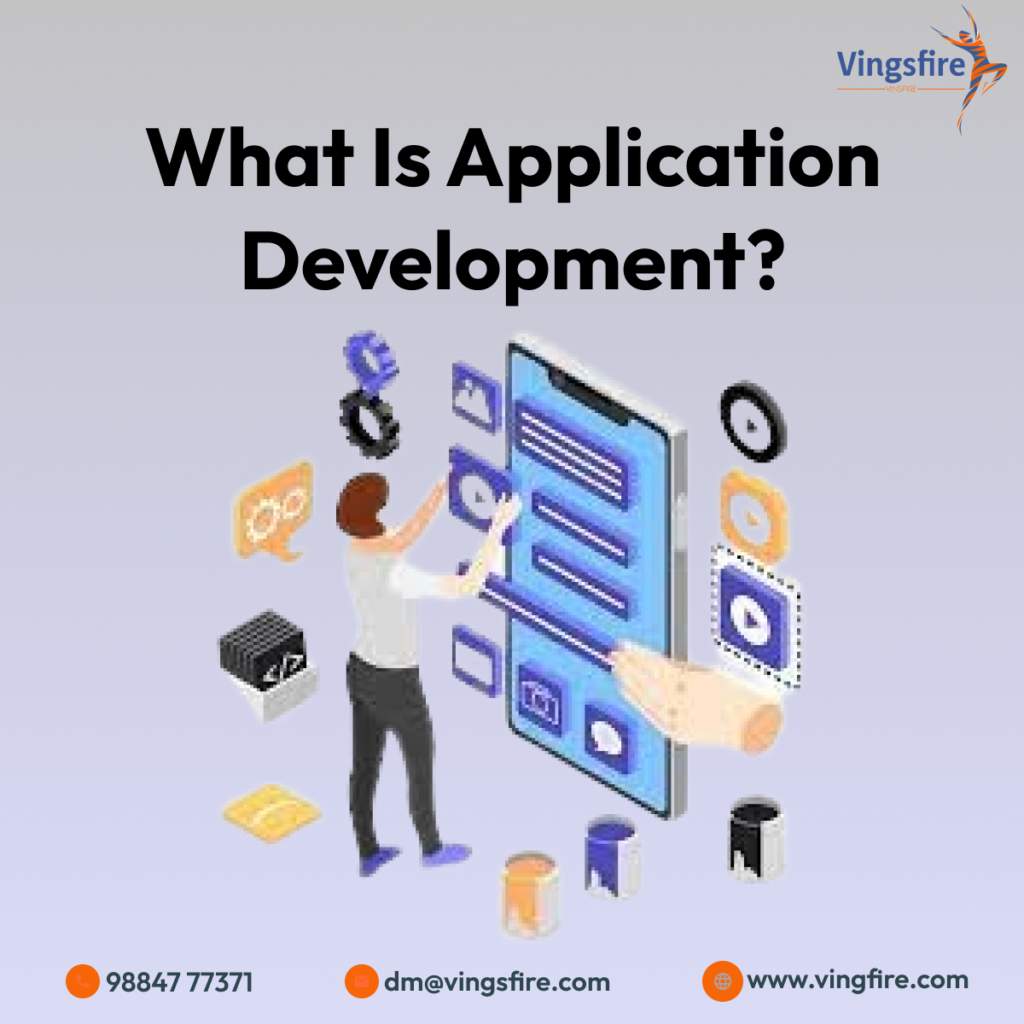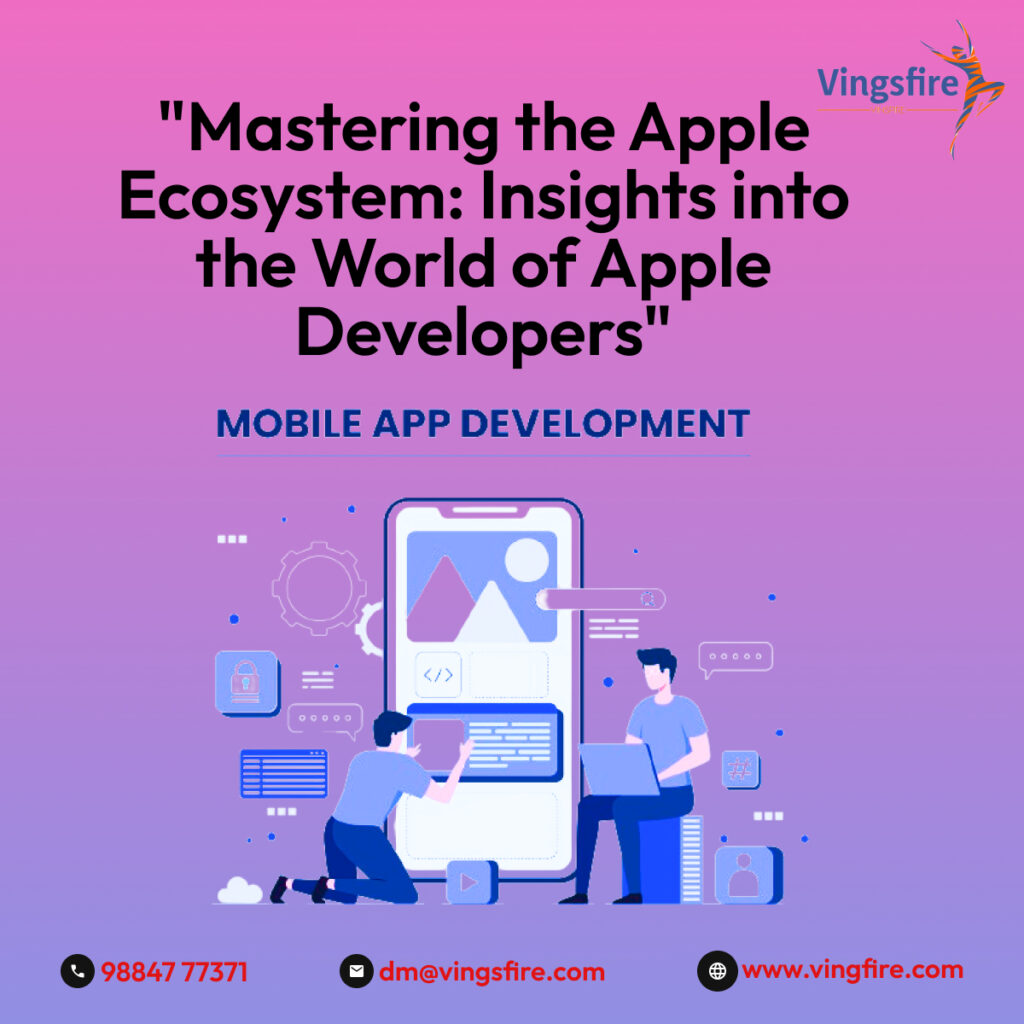
How to Become an App Developer In today’s digital era, app development has emerged as one of the most lucrative and in-demand career paths. With the widespread adoption of smartphones and the increasing reliance on mobile applications for various tasks, the demand for skilled app developers continues to soar. If you’re passionate about technology and have a knack for problem-solving, becoming an app developer could be the perfect career choice for you. In this comprehensive guide, we’ll walk you through the essential steps to become an app developer and embark on a rewarding and fulfilling career in this dynamic field.
Understanding the Role of an App Developer:
Before we delve into the specifics of becoming an app developer, let’s first understand what the role entails. App developers are responsible for designing, developing, and maintaining mobile applications for smartphones, tablets, and other mobile devices. They work closely with clients, stakeholders, and other team members to conceptualize, plan, and execute app projects from start to finish. App developers possess a strong understanding of programming languages, frameworks, and development tools, allowing them to create functional and user-friendly apps that meet the needs of their target audience.
Educational Requirements and Prerequisites:
While there’s no one-size-fits-all path to becoming an app developer, certain educational requirements and prerequisites can help you get started on the right foot. Here are some essential steps to consider:
Acquire a Solid Foundation in Computer Science: A bachelor’s degree in computer science, software engineering, or a related field is often considered the minimum educational requirement for aspiring app developers. These programs provide a comprehensive understanding of programming fundamentals, algorithms, data structures, and software development methodologies, laying the groundwork for a successful career in app development.
Learn Programming Languages and Technologies: As an app developer, proficiency in programming languages and technologies is essential. Start by mastering languages commonly used in app development, such as Java, Swift, Kotlin, or JavaScript. Familiarize yourself with popular mobile app development frameworks and tools, such as Android Studio, Xcode, React Native, or Flutter, to streamline the development process and build robust, cross-platform apps.
Gain Hands-on Experience Through Projects and Internships: Theory only gets you so far – practical experience is crucial for honing your skills and building a strong portfolio as an app developer. Work on personal projects, participate in hackathons, or contribute to open-source projects to gain hands-on experience and showcase your abilities to potential employers. Additionally, consider pursuing internships or co-op placements with software companies or app development firms to gain real-world experience and mentorship from seasoned professionals.
Stay Updated with Industry Trends and Best Practices: The field of app development is constantly evolving, with new technologies, frameworks, and trends emerging regularly. Stay abreast of the latest developments in the industry by reading blogs, attending conferences, joining online communities, and participating in continuing education programs. This proactive approach will not only enhance your skills but also demonstrate your commitment to continuous learning and professional growth.
Develop Soft Skills: In addition to technical expertise, app developers need strong communication, problem-solving, and teamwork skills to succeed in their roles. Practice effective communication, both verbal and written, and cultivate a collaborative mindset by working on group projects or collaborating with peers on coding challenges. Develop your critical thinking and problem-solving abilities by tackling complex coding problems and seeking feedback from mentors and peers.
Steps to Kickstart Your Career as an App Developer:
Now that you’ve laid the groundwork for becoming an app developer let’s explore the specific steps you can take to kickstart your career in this exciting field:
Define Your Career Goals and Specialization: App development is a broad field with various specializations, including mobile app development, web app development, game development, and more. Take the time to define your career goals and identify the areas of app development that align with your interests, skills, and aspirations. This will help you focus your efforts and tailor your learning path accordingly.
Build a Strong Portfolio: A robust portfolio is your ticket to success as an app developer. Showcase your skills, creativity, and expertise by building a diverse portfolio of projects that demonstrate your ability to develop functional and innovative apps. Include a variety of projects, such as personal projects, freelance work, and collaborative efforts, to showcase your versatility and proficiency in different areas of app development.
Network and Connect with Industry Professionals: Networking is a powerful tool for advancing your career as an app developer. Attend industry events, meetups, and conferences to connect with fellow developers, industry professionals, and potential employers. Join online communities, forums, and social media groups dedicated to app development to share knowledge, seek advice, and stay connected with the latest industry trends.
Apply for Entry-Level Positions and Internships: Once you feel confident in your skills and have built a strong portfolio, start applying for entry-level positions and internships in app development. Look for opportunities with software companies, app development firms, startups, or tech companies that align with your career goals and offer opportunities for growth and mentorship. Don’t be discouraged by rejections – keep refining your skills and applying for positions until you find the right fit.
Continuously Learn and Improve: The journey to becoming a successful app developer doesn’t end once you land your first job – it’s an ongoing process of learning







